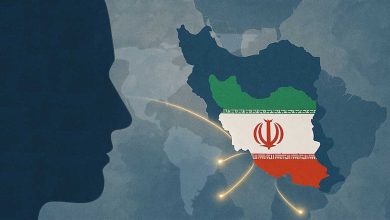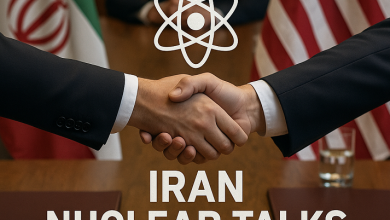Integrated Governance and Systematic Structure: A Prerequisite for Effective Policy and Sustainable Development

One of the most pressing challenges facing Iran’s governance system is the absence of integrated authority and a well-structured institutional framework. In any society, effective governance relies fundamentally on the coordination of structures, policies, and institutions to safeguard public interests and achieve sustainable development. However, in Iran, the fragmentation of power, the multiplicity of decision-making centers, the lack of inter-institutional coordination, and a persistent lack of transparency have severely hindered policy efficiency. At times, even overt contradictions and institutional conflicts have created deep structural dysfunctions.
A primary driver of this inefficiency is the absence of a clear and transparent division of responsibilities among decision-making and executive bodies. Frequently, various institutions implement policies independently—often overlapping or even contradicting one another. This redundancy not only wastes financial and human resources but also erodes public trust. For instance, in the realm of economic policymaking, a lack of interagency coordination has compounded complexities and impeded the delivery of effective solutions. As a result, different institutions often blame one another for failures, while citizens experience firsthand the inability of the state to respond to their basic needs. It is crucial to recognize that lack of transparency and accountability directly undermines public confidence in the governance system.
Another major consequence of fragmented governance is the reduced efficiency of the administrative and executive apparatus. The existence of parallel institutions, numerous high-level councils, and the absence of a unified monitoring system has led to sluggish, inconsistent decision-making. Many programs are executed without thorough review or clear prioritization, wasting resources and sidelining the country’s latent capacities. Moreover, such conditions create fertile ground for corruption and misuse of power, as opacity and the lack of oversight weaken mechanisms for accountability and responsibility.
A particularly problematic manifestation of this fragmentation is the proliferation of “Supreme Councils” that often operate above the authority of the three branches of government and issue extra-legal decisions. These councils dilute accountability by making it impossible to assign responsibility for decisions or outcomes. For example, in the case of internet filtering, responsibility has been delegated to the Supreme Council of Cyberspace, yet no individual or institution formally claims responsibility for the continued enforcement of censorship. The identities of those who support or oppose filtering remain unclear, enabling proponents of censorship to hide behind the council’s anonymity while evading accountability.
The absence of unified governance also obstructs meaningful public participation in decision-making. When various entities operate independently—or in outright contradiction—public voices are drowned out, and societal demands are seldom translated into actionable policies. This lack of reciprocal engagement further deepens the gap between the state and the people, fueling widespread dissatisfaction and alienation. Citizens increasingly perceive the governance system as incapable of addressing their needs, which erodes social capital and weakens the legitimacy of public institutions.
Moreover, the lack of a systematic and coordinated structure severely impairs the nation’s capacity to respond to major challenges and national crises. From environmental to economic and social crises, responses have often been fragmented and short-sighted. The lack of a unified strategy results in underutilization of available capacities and the implementation of ineffective, short-term solutions. Consequently, crisis mismanagement has exacerbated existing problems while imposing additional burdens and costs on the country.
To overcome these challenges and move toward effective governance, it is imperative to establish an integrated and well-structured institutional framework. This entails clearly defining the roles and responsibilities of each institution, enhancing coordination across governmental bodies, and implementing transparent mechanisms for oversight and performance evaluation. Only under such conditions can resources be optimally allocated and policies efficiently executed. Simultaneously, improving transparency and accountability at all levels of governance is essential to restoring public trust and strengthening social capital. In doing so, the government will be better equipped to mobilize societal capacities and respond comprehensively and sustainably to future challenges—laying the groundwork for inclusive national development.






